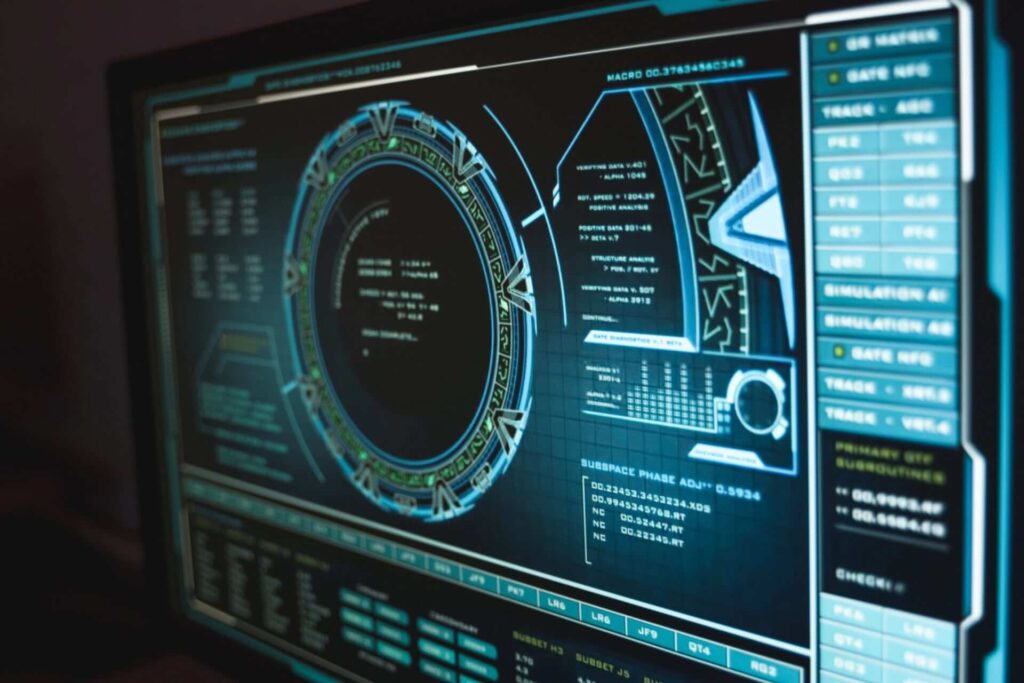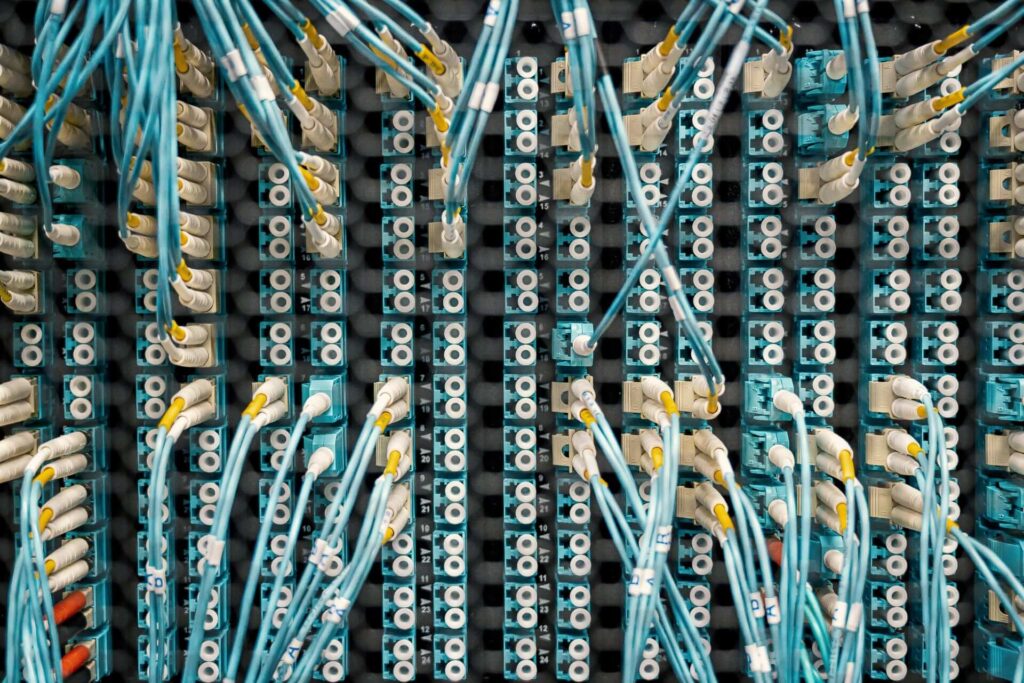
PROJECT
QKD in Modern Telecommunications Networks
doctoral candidate
Shashank Kumar.
Supervisors
Thew (UNIGE), Gudet (SIG), Layat (IDQUANTIQUESA), Curty (UVIGO), Villoresi (UNIPD)
Objectives
Study telecom network designs and the co-existence of quantum and classical signals in optical networks. Develop QKD systems to simplify the integration and standard their performance in optical networks. Study trusted repeater implementations with standard security.
Expected Results
New designs of QKD devices and networks that allow for a seamless integration in existing telecom networks.
Description
Point to point QKD over dark fiber has become a mature technology for years. One of the remaining challenges is to produce QKD network equipment that can easily be integrated with modern communications networks. A key figure is the total cost of ownership, which is currently too high also due to expensive installations and maintenance as well as the need for dark fibers. To avoid the latter, we need co-existence of classical and quantum channels, as well as a quantum network multiplexing many channels between many different transmitters and receivers. Co-existence and standardization are studied in the current OpenQKD project. In this experimental project, the Doctoral Candidate will study the telecom networks and benefit from the OpenQKD experience, in particular, with the use-cases in Geneva over the fiber network of the Services Industries de Genève (SIG). The results of these studies will feed back into the design of quantum and classical signal integration. The Doctoral Candidate will work out how QKD can optimally deal with rerouting, amplifiers and switches, which are present in the established infrastructure. Another aspect is the optimal architecture of a QKD network, integrating eventual trusted nodes. All this is done considering the latest notions in network architectures such as software-defined networking and recent requirements coming from the smartgrid Internet of Things and 5G applications. The latter require cheap and compact devices, in line with on-going efforts at UNIGE of implementing QKD with photonic integrated circuits. During the project, the Doctoral Candidate will test the performance of latest QKD devices at UNIGE in different configurations, in the lab and in the telecom environment, and implement necessary changes.
Methodology
It is based on extensive exchanges with the telecom specialists from SIG and the QKD manufacturer IDQ (both in Geneva) to learn about their practical constraints in order to find solutions that allow for seamless integration of QKD in a telecom environment.
Risks
Implementing QKD on live fibers, in the presence of amplifiers and switches, requires coordination with different stakeholders; if this causes delay the scope of the.














